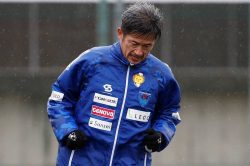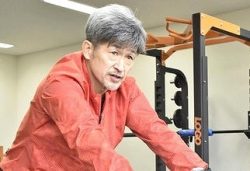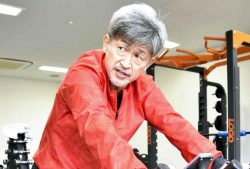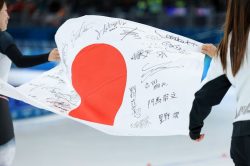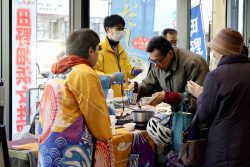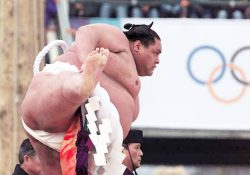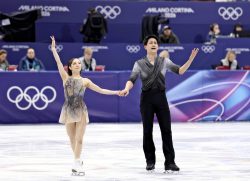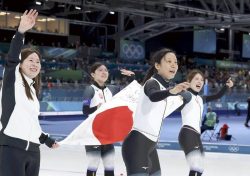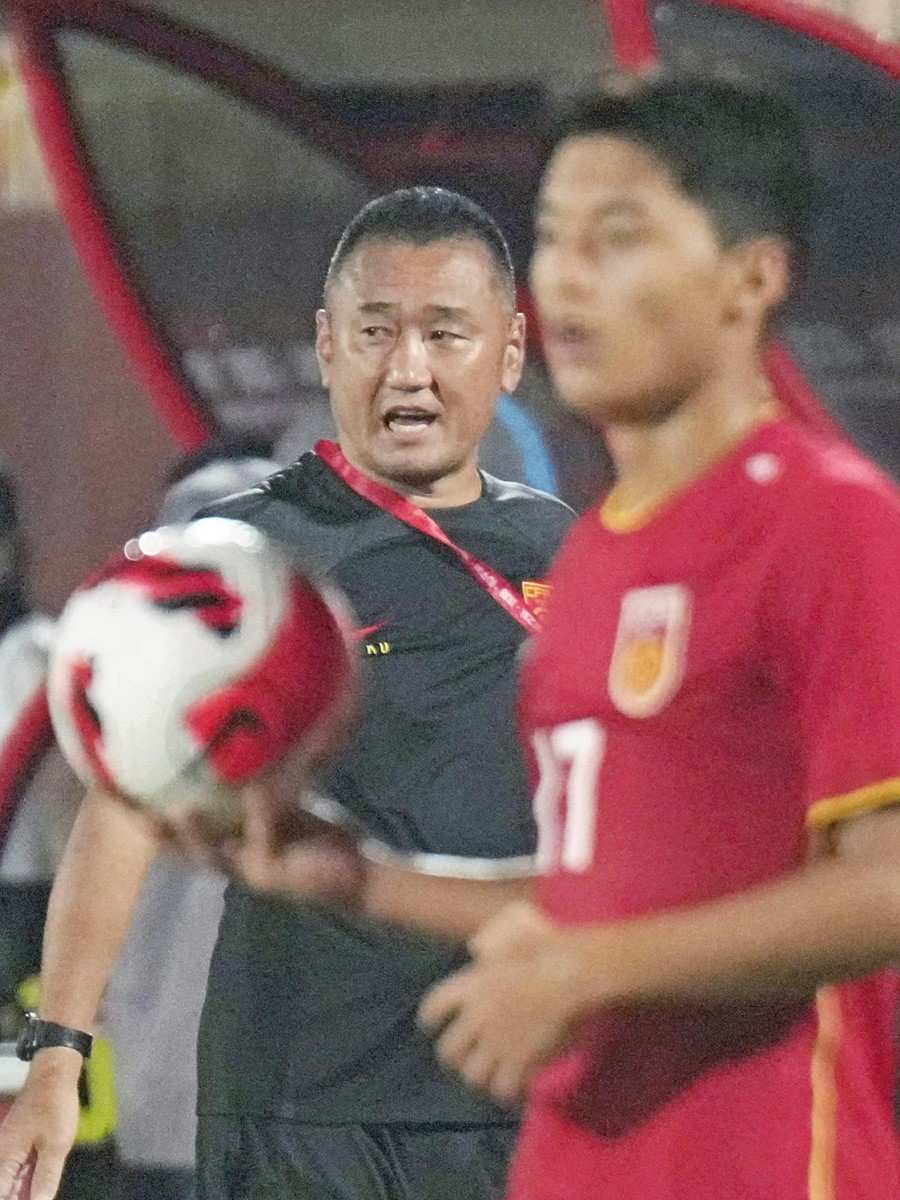
Kenichi Uemura, head coach of China’s U-16 boys national team, instructs his players during a match against Japan in Shenyang on Aug 18.
6:00 JST, September 25, 2024
BEIJING — As its national soccer team continues to struggle on the world stage, China has turned to longtime rival Japan to help boost the future generation of players.
Japanese coaches are increasingly being handed the reins to China’s national youth teams, most recently on the boys’ U16 and U15 levels, with the aim of achieving Chinese President Xi Jinping’s goal of making China a “strong nation” in the sport.
At an international boys’ U16 tournament in Shenyang in northeastern China, the host nation lost to Japan 2-1 after a late mistake opened the door for the game-winning goals.
China coach Kenichi Uemura, a former J.League player and Japan national team member, expressed his frustration, but also said he could feel the team improving. “There are more situations in which [the players] made proactive decisions,” he said.
In the end, China won its two other matches in the round-robin tournament that included Vietnam and Uzbekistan to win the championship.
Uemura took over as head coach of the China U-16 squad in February this year, making him the first Japanese to lead a Chinese national team and those in age-group level. He gained notice for his ability to reach young players on the developmental team of a Chinese pro league club.
In April, a second Japanese was hired when Bin Ukishima, a former coach at the J.League’s Shonan Bellmare, was handed the reins of China’s U-15 boys team.
In the past, the Chinese Football Association turned to Western coaches for its national teams, including on the age-group levels, and Japanese coaches were only contracted on a temporary basis.
China, which has set a goal of making its men’s national team a global force, naturalized a number of players from soccer powerhouse Brazil and other countries ahead of the qualifying rounds for the 2022 World Cup in Qatar. But the impact was minimal and China continued its struggles, missing out on the World Cup for the fifth straight time.
The association now sees the necessity of strengthening players at the developmental stage, and has turned its attention to Japanese know-how.
Young Chinese players are highly regarded for their athleticism and technical skills, but as has been often noted, they tend to wait to be told what to do instead of acting on instinct, an issue that needs to be addressed.
Trust in Japanese coaches has reportedly been high ever since former Japan national team coach Takeshi Okada became the first Japanese head coach of a Chinese pro league team in 2011. Anti-Japanese sentiment persists in politics and other areas, but the Chinese media has praised Japan as “the light of Asian soccer” for its recent World Cup success and other achievements.
“When it comes to soccer, reports unreservedly praising Japan are allowed,” said a source in the state media.
In October, qualifying begins for the U-17 Asian Cup, where berths in the 2025 U-17 World Cup will be up for grabs.
To Uemura, China’s young players are a “mass of potential.” “I’d like to get close to the Chinese players and guide them well,” he said. “If Asian rival China becomes stronger, it will make Japan stronger.”
Top Articles in Sports
-
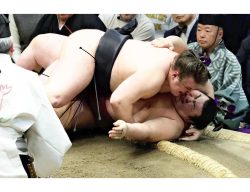
Aonishiki Tops Atamifuji in Playoff to Win New Year Grand Sumo Tournament in Ozeki Debut
-

Milano Cortina 2026: Figure Skaters Riku Miura, Ryuichi Kihara Pair Win Gold; Dramatic Comeback from 5th Place in SP
-

Milano Cortina 2026: Kokomo Murase Comes Out on Top After Overcoming Obstacles, Aiming for Greater Heights in Competition
-

Milano Cortina 2026: Olympics-Torch Arrives in Co-Host Cortina on Anniversary of 1956 Games
-
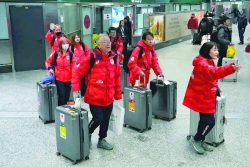
Milano Cortina 2026: Japan’s Athletes Arrive in Italy for Milano Cortina Winter Olympics; Other Athletes to Arrive from Now
JN ACCESS RANKING
-

Japan Institute to Use Domestic Commercial Optical Lattice Clock to Set Japan Standard Time
-

Israeli Ambassador to Japan Speaks about Japan’s Role in the Reconstruction of Gaza
-

Man Infected with Measles May Have Come in Contact with Many People in Tokyo, Went to Store, Restaurant Around When Symptoms Emerged
-

Prudential Life Insurance Plans to Fully Compensate for Damages Caused by Fraudulent Actions Without Waiting for Third-Party Committee Review
-

Woman with Measles Visited Hospital in Tokyo Multiple Times Before Being Diagnosed with Disease


